We, at CLTS Foundation, had the honour of collaborating with IHE Delft Institute for Water Education’s One Year Master of Science programme in Sanitation for developing and teaching a sub-module named ‘Community Led Total Sanitation Spotlight” in the Behaviour Change and Advocacy module for the programme.
The module, taught by Dr Kamal Kar over a span of two days (10th and 11th Sept, 2018), aims to deliver an understanding of the genesis, rationale, principles, methodology, applicability of CLTS in rural sanitation and also to build an appreciation of the attitude-behaviour change (ABC as part of the CLTS methodology) required to implement CLTS in the rural context. It also gives a brief understanding of the evaluation of CLTS through the application of the CRAP Tool. Along with these topics, the module also imparted an understanding of the intricacies of Urban CLTS with a special focus on informal settlements and areas of conflicting interests and synergies. The session wrapped up with emphasizing on the need for an enabling environment and touched upon Institutional Triggering for ensuring quality implementation of CLTS. The module received an overwhelming response with the participation of students from 13 countries across Asia and Africa.
Dr Kar also participated in the WASH Debate hosted by IRC International Water and Sanitation Centre and IHE Delft Institute for Water Education on 11th Sept 2018. The debate also featured Dr Om Prasad Gautam from WaterAid and Dr Lina Taing from IHE Delft to engage in a discussion on the essentiality of collective behaviour change as a key to enhance the utilization efficiency of large-scale investments in sanitation and public health.
Read the blog on the debate here https://www.ircwash.org/blog/instituting-sanitation-change
Watch the video https://www.youtube.com/watch?v=4YI1-MmsSzQ


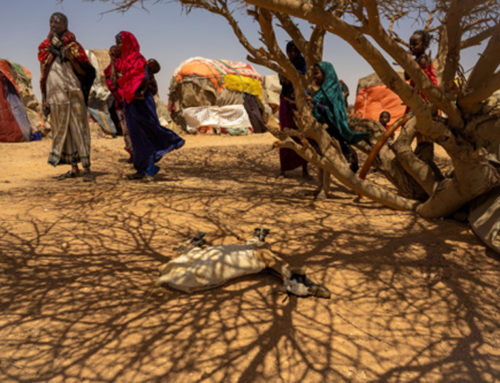
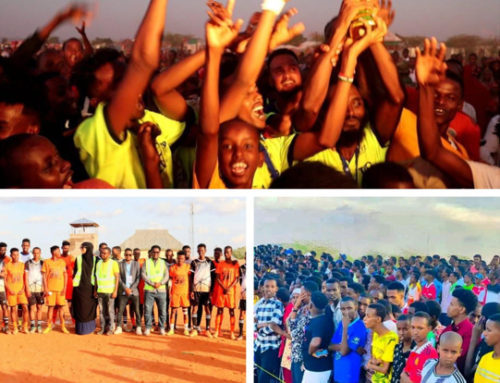
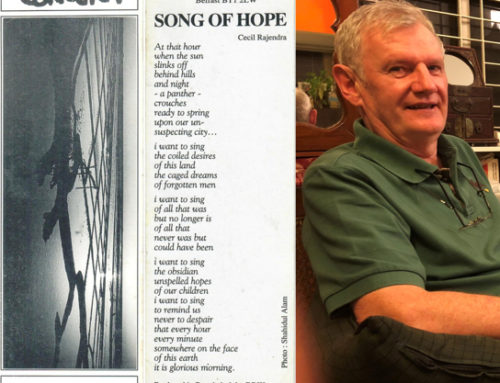
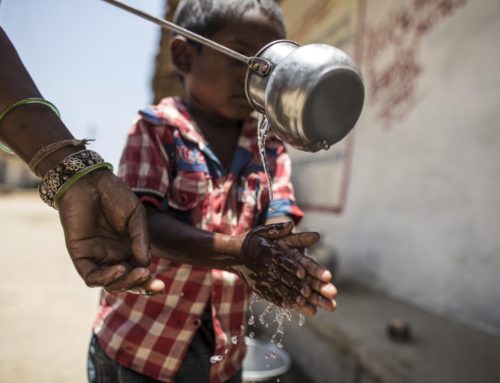
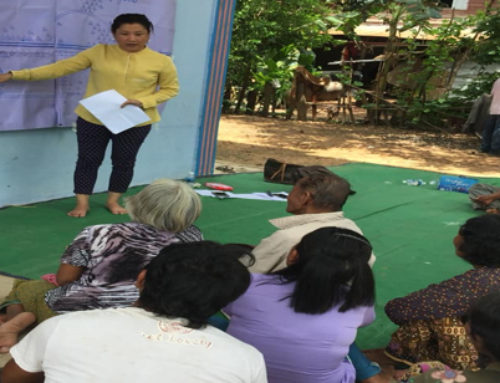
Leave A Comment